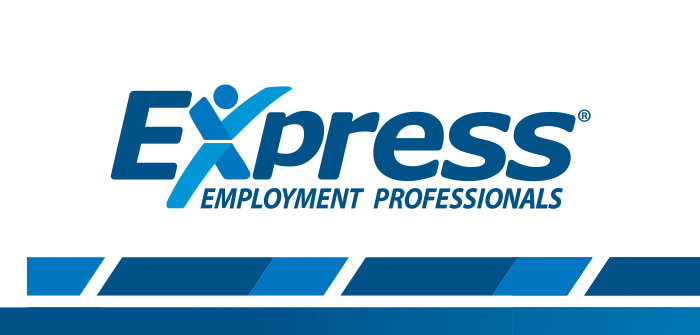by James C. Price, Express Employment Professionals Refresh Leadership Newsletter
From higher education and training to job changes and promotion opportunities, each decision a person makes has a direct impact on the direction of their career. Participating in mentorship programs, for example, is one decision that can not only make or break careers, but it can also create a rippling effect that your organization will notice for years to come. From higher retention rates to stronger minority representation to more rapid rates of career development, adopting mentor/mentee relationships within your organization can be the key to lasting success. Here’s the case for mentorship.
Accelerated Career Development
Mentorship programs are one of the best ways to help your employees reach their career goals. According to a case study by Sun Microsystems, mentees who participated in the program were five times more likely to advance in pay, whereas mentors were even more likely. And the progress didn’t just stop with pay. In the same case study, they found that employees who mentored others were five times more likely to get promoted, and mentees were promoted six times as much as those not in the program. Other studies discovered similar results. According to McCarthy Mentoring, 25% of employees enrolled in a mentorship program had a positive salary-grade increase, while only 5% of non-mentored employees experienced a boost in pay.
Boost in Minority Advancement
Creating relationships between seasoned veterans and young professionals is one of the best inclusion and diversity initiatives a company can promote. Studies show mentorships make an exponential difference in the advancement of minority individuals and are more effective than other diversity programs and initiatives. According to a study by Cornell University School of Industrial and Labor Relations, mentorship programs lifted the minority representation in management from 9% to 24%. Other diversity programs only raise the representation in management between -2% and 18%. Promotion and retention rates were also positively effective among minorities and women who participated in mentorships, rising from 15% to 38% compared to those who did not participate.
Increase in Productivity and Retention
While mentorship programs help accelerate career and salary advancement for both mentor and mentee participants, these types of programs also have a positive effect on the organizations that implement them. According to National Mentoring Day.org, 67% of companies experienced an increase in employee productivity directly caused by mentorship programs, and 55% reported mentorships having a direct positive impact on overall profits.
And while productivity and profits rise, employee retention also enjoys the benefits of increases, as well. According to LinkedIn’s Workplace Learning Report, 94% of employees say they would stay at an organization longer if offered opportunities to learn and grow. Contrasted by a separate report, four out of 10 non-mentored individuals have considered quitting their job in the past three months. Seemingly, career advancement programs, specifically mentoring programs, have an overwhelmingly positive return on investment for the companies offering them. The same report found that 71% who have a mentor claim their company provides them with good career advancement opportunities, while that number drops to 47% of non-mentored workers having the same sentiment toward their company.
Embrace Mentoring to Add Value to Your Company and Employees
With the positive effects mentoring creates among employees and companies, it’s imperative to invest and promote these programs. Olivet Nazarene University found that more than 70% of Fortune 500 companies have mentorship programs, yet only 37% of professionals have a mentor. If your company has a program in place for your employees, encourage your co-workers to take advantage of it. And if your company hasn’t yet put a program in place, it’s not too late to receive the full-circle benefits of mentoring—start one today and create a culture of mentoring, learning, and growth.



